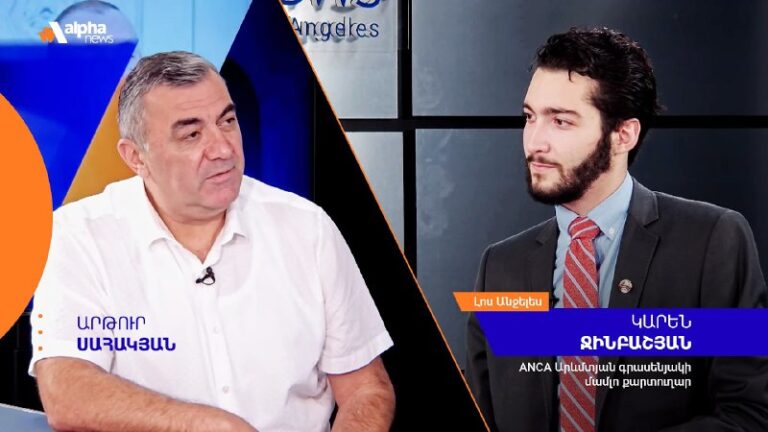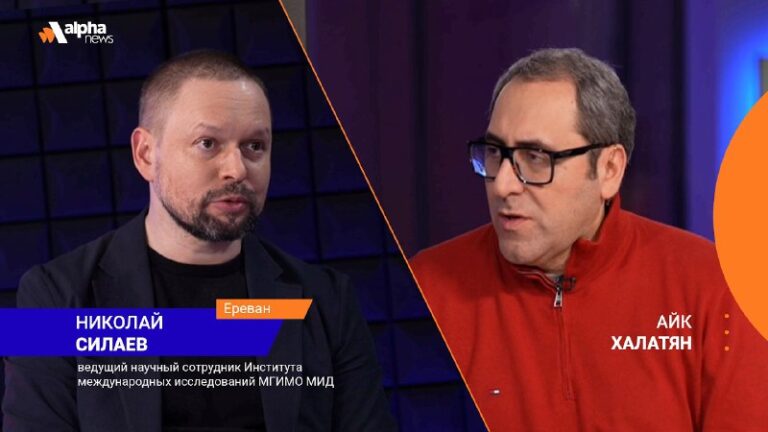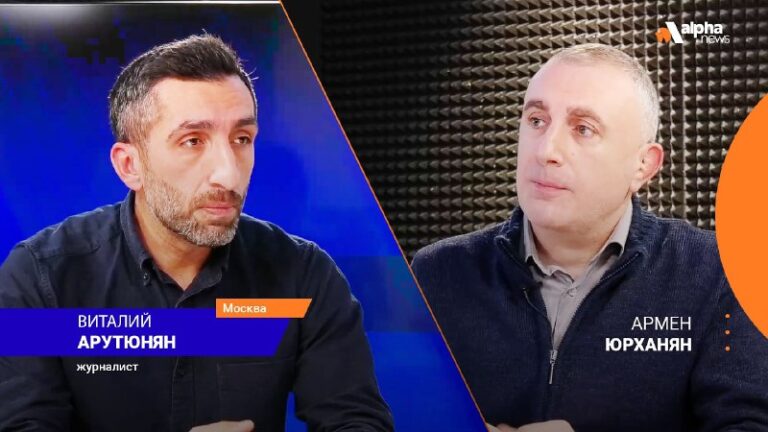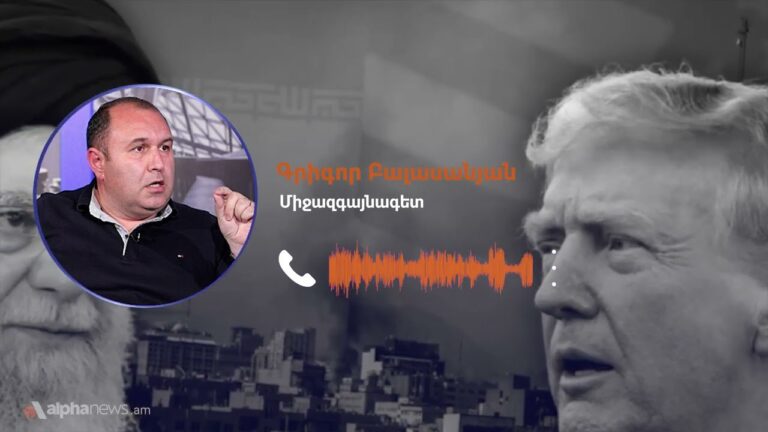From EU membership to the strategic partnership agreement with the US: myths of Pashinyan’s propaganda
January 10 2025, 11:42
Events in and around Armenia continue to unfold at high speed. In the 9 days of the new year 2025, Ilham Aliyev threatened Armenia, and Pashinyan gave a response, which was apparently coordinated with Aliyev, making it clear that Yerevan was ready to dissolve the Minsk Group and discuss the “issue of Azerbaijani refugees”—and all this within the logic “as long as there is no war.” At the same time, the Armenian foreign minister acknowledged that Turkey has preconditions regarding the “normalization” of relations with Armenia, and they are related to the “normalization” of relations between Yerevan and Baku. He also announced the potential withdrawal of Russian border guards from the Armenian-Turkish border.
Then Pashinyan announced an upcoming referendum on Armenia’s accession to the EU (a referendum that has no legally binding force for Brussels). Russia said that Armenia’s membership in the EU and the EAEU is impossible at the same time and did not rule out that, amid new threats from Aliyev, Pashinyan might still seek help from the CSTO. It is also noteworthy that as Aliyev is making threats against Armenia, various actors have become more active, stating that “next week a document on strategic partnership will be signed between Yerevan and Washington,” and, “fearing” this, Aliyev is in “wagging a finger at Armenia.”
These same experts will not tell the Armenian people that Azerbaijani President Ilham Aliyev himself is ready to raise relations with the United States under Trump to a “strategic level,” as he actually stated during his latest interview. Given recent assessments by Stratfor, which legalizes intelligence, that the Trump administration’s priority in the region will be to deepen relations with Baku, it becomes clear that “Armenian experts and politicians” loyal to the United States may once again be mistaken in their assessments.
The only question is, why doesn’t the US Embassy influence loyal experts so that they stop raising expectations in Armenian society?
As for the potential referendum on Armenia’s accession to the EU, if the Armenian authorities “do not stray from the path,” this electoral process will become a legitimate, institutional way to implement political changes in Armenia. If Pashinyan loses the referendum, this can generate a number of political processes, the logical conclusion of which should be the formation of a new government in Armenia.
If Pashinyan wins, the preservation of Armenian statehood in its current borders will become even more problematic.
Think about it…







